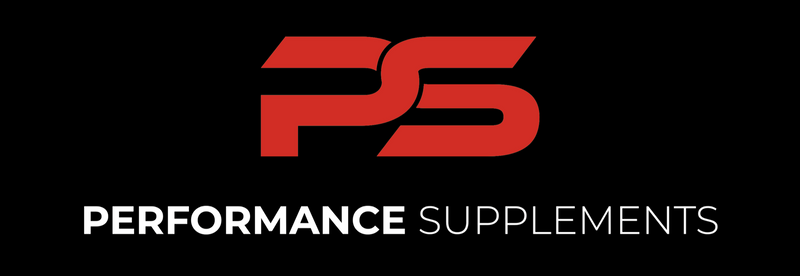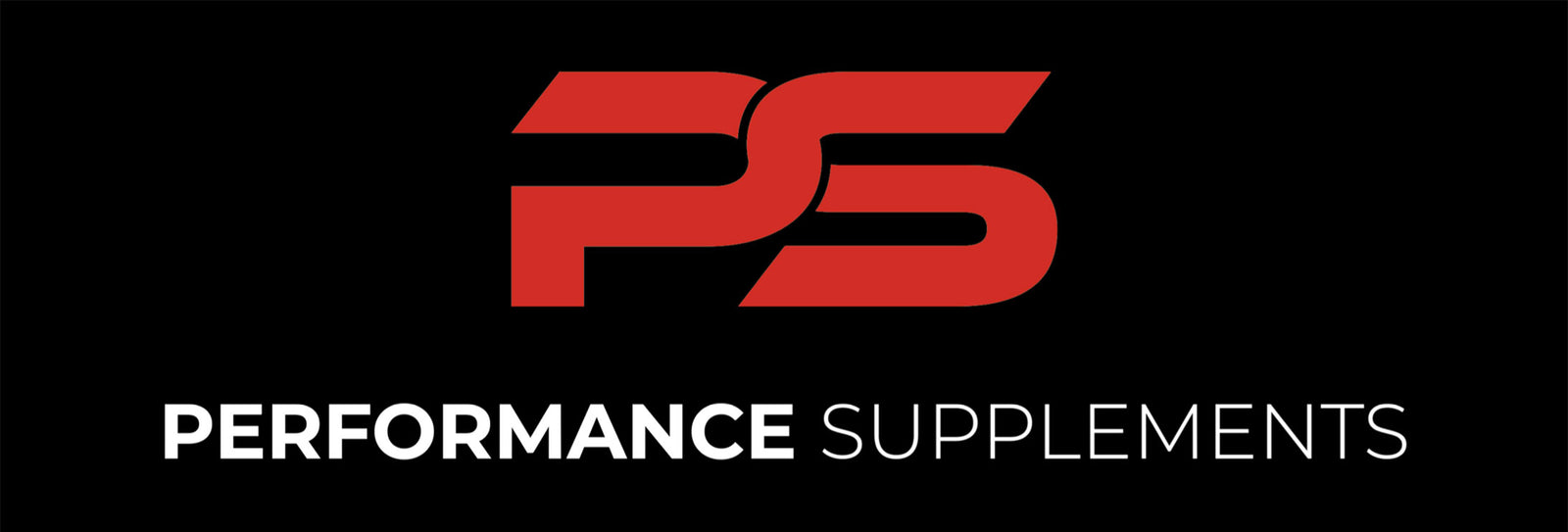The Ultimate Guide to Workout Supplements: Benefits, Risks, and How They Work
Introduction: More Than Just Powders in a Tub
You’ve just racked the bar after a personal best. Sweat’s dripping, lungs are burning, and your muscles are already plotting tomorrow’s revenge. But what if you could recover faster? Push harder? See results in weeks instead of months?
That’s the promise of workout supplements. Not miracle cures, not shortcuts — but highly targeted tools that can transform your training when used alongside smart nutrition, consistent effort, and quality sleep. In this guide, we at Performance Supps cut through the hype, lay out the facts, and show you exactly how supplements work, which ones are worth your time, and how to use them without wasting a penny.

What Exactly Are Workout Supplements?
Walk into any gym shop or scroll through a fitness site and you’ll see them: brightly coloured tubs, slick branding, and promises of strength, speed, and endurance. At their core, workout supplements are concentrated doses of nutrients or performance-enhancing compounds — things like protein, creatine, amino acids, or caffeine — designed to support energy, recovery, or muscle growth.
They come in powders, ready-to-drink shakes, capsules, gels, and even snack bars. Think of them as your training pit crew: they won’t drive the car for you, but they’ll make sure it’s tuned, fuelled, and ready to perform at its peak.

Are Workout Supplements Good for You?
When chosen well, they can be game-changing:
- A morning protein shake can help you hit your daily target without endless chicken breasts.
- Creatine can give you that extra rep or extra plate on the bar.
- Electrolytes can keep your muscles firing during a sweat-soaked HIIT class.
- Carbohydrates provide your body with its main source of energy, which is vital for workouts by fueling Muscles and improving endurance.
They work because they give your body exactly what it needs, when it needs it — in forms that are easy to digest and quick to act. Used consistently, they can help you recover faster, train harder, and see better results from the same amount of effort.
Are Workout Supplements Bad for You?
Here’s the reality: the wrong products, bad doses, or poor quality can do more harm than good. A pre-workout overloaded with stimulants might leave you jittery, anxious, or wide awake at 3 a.m. Cheap protein powders can be packed with fillers that upset your stomach more than they help your muscles. And some untested products have been found to contain banned or dangerous ingredients.
The fix:
- Choose trusted brands with third-party testing (look for Informed Sport or NSF Certified labels).
- Avoid “proprietary blends” that hide ingredient amounts.
- Respect recommended dosages — more is not always better.
Further reading from Edge Hill university on Pre-workout Supplements

How Do Workout Supplements Work?
Different supplements take different routes to help you perform:
- Energy boosters (like caffeine) work on your brain, reducing the feeling of fatigue.
- Strength enhancers (like creatine) top up the short-term energy stores in your muscles for explosive lifts or sprints.
- Recovery aids (like protein) provide the amino acids your muscles need to repair and grow.
- Hydration support (like electrolytes) replace minerals lost in sweat so your nerves and muscles keep firing efficiently.
European Journal of Sport Science – Mechanisms of Supplement Action
Do You Really Need Supplements?
No. You can absolutely make progress with whole foods, smart training, and rest. But supplements make life easier — and in some cases, they make certain goals more achievable. If you’re training at 6 a.m., a pre-mixed shake is faster than cooking breakfast. If you’re chasing muscle growth, creatine can help you get there quicker. If you’re on a plant-based diet, BCAAs can help fill amino acid gaps.
They’re not the foundation of your fitness — but they can be the accelerator.

The Heavy Hitters: Popular Supplements That Work
Pre-Workout
Your “go” button. Designed to give you energy, focus, and endurance for the session ahead.
- Caffeine: sharpens your mind, reduces perceived effort, and helps you push past mental barriers (Sports Medicine Review on Caffeine).
- Beta-alanine: buffers lactic acid, letting you train harder for longer.
- Citrulline malate: boosts blood flow and delivers that satisfying “muscle pump.”
Tip: Start with a smaller dose to assess tolerance — especially if you train late in the day.
Post-Workout
Your recovery window is when your body’s primed to rebuild.
- Protein powders: whey for fast absorption, plant-based for dietary needs — both feed muscle repair.
- Carbohydrates: refill glycogen stores so you’re ready for your next workout.
- Electrolytes: restore hydration and help prevent cramps.
Pairing protein with carbs after training is like sending a repair crew and a fuel truck at the same time.
Other Proven Performers
- Creatine monohydrate: one of the most researched, safest, and most effective supplements for strength, power, and muscle growth (Creatine Safety & Efficacy Review).
- Omega-3 fatty acids: fight inflammation, support joint health, and improve blood flow to working muscles.
- Vitamin D: vital for bone strength and muscle function — especially in winter.
- Magnesium: aids muscle relaxation, improves sleep quality, and supports energy production.
Choosing the Right Supplements for You
Before you hand over your card for a shiny tub of powder:
- Lock in your training and diet first — no supplement can fix bad habits.
- Identify your goal — strength? endurance? faster recovery?
- Research ingredients with proven benefits, not just good marketing.
- Buy from brands that are transparent and tested.
- Add one new supplement at a time so you can track its effect.

Final Word
Supplements aren’t a magic wand, but they are powerful tools. Get your foundations right — nutrition, training, sleep — and then use them strategically to push beyond your current limits.
The right product, taken at the right time, could be the difference between a plateau and a personal best.



